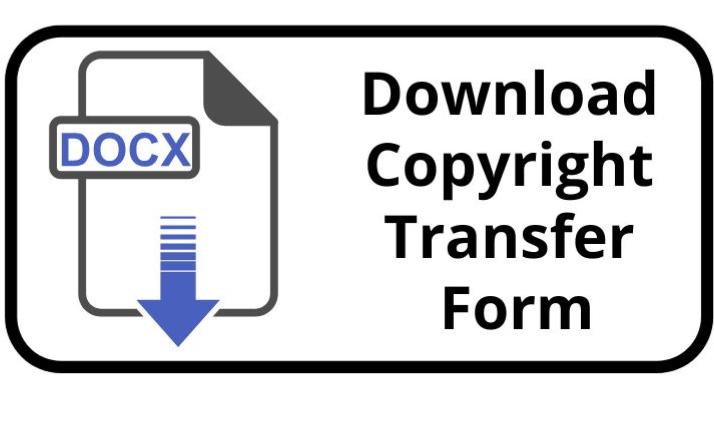Policy of Revenue Sources and Advertising
Revenue Sources
Jurnal Pengabdian Masyarakat: Humanity and Medicine accepts revenues from various sources to ensure the quality of the peer-review process and published articles. The sources of income include publication fees (APC) and support from Faculty of Medicine Universitas Sriwijaya. The revenue sources do not influence editorial decision-making.
For information about APC, please click here.
Advertising Policy
- All advertisements and commercially sponsored publications are independent from editorial decisions. The Editorial board does not endorse any product or service marked as an advertisement or promoted by a sponsor in Jurnal Pengabdian Masyarakat: Humanity and Medicine publications. Editorial content is not compromised by commercial or financial interests, or by any specific arrangements with advertising clients or sponsors.
- The Jurnal Pengabdian Masyarakat: Humanity and Medicine management reserves the right to decline any type of advertising that is damaging to the brand of this journal or is inappropriate to the content held on the journal.
- The Jurnal Pengabdian Masyarakat: Humanity and Medicine journal will not accept advertising for products or services known to be harmful to health (e.g. tobacco and alcohol products).
- Advertisements may not be deceptive or misleading, and must be verifiable. Advertisements should clearly identify the advertiser and the product or service being offered. Exaggerated or extravagantly worded copy will not be allowed. Advertisements will not be accepted if they appear to be indecent or offensive in either text or artwork, or if they relate to content of a personal, racial, ethnic, sexual orientation, or religious nature.
- Once an advertisement has been deployed online, it will be withdrawn from the journal site at any time if the Editor(s)-in-Chief or Publisher request its removal.
- The Jurnal Pengabdian Masyarakat: Humanity and Medicine journal will not allow any treatment-specific or drug-specific campaign to be targeted to a specific article(s) or on any page where content relates to the product(s) being advertised. (Advertisers may not link to articles using keywords; they may not target advertising for a specific product on the condition that it appear in the same location and at the same time as a specific article mentioning that product and they may not refer to an article published at the same time as the advertisement appears).
- Advertisements and editorial content must be clearly distinguishable. The journal will not publish “advertorial” content, and sponsored supplements must be clearly indicated as such. If a supplement did not undergo peer review or underwent a peer review-process different from the rest of the journal that should be explicitly stated.
- Editorial decisions will not be influenced by current or potential sponsors and advertisers, and will not be influenced by marketing decisions. Advertisers and sponsors have no control or influence over the results of searches a user may conduct on the website by keyword or search topic.
- If any advert is requested outside of journal standard advertising positions then a request should be made to editorial who will respond with a full and final decision within three business days.
- Information about complaints concerning advertisements will be included in the Advertisements page.
- We partner with third-party advertising companies to serve ads and/or collect certain information when you visit our website. These companies may use cookies or web beacons to collect non-personally identifiable information [not including your name, address, email address or telephone number] during your visit to this website to help show advertisements on other websites also likely to be of interest to you.
Advertising complaints policy
Please send any complaints about advertising to: hummed@fk.unsri.ac.id










